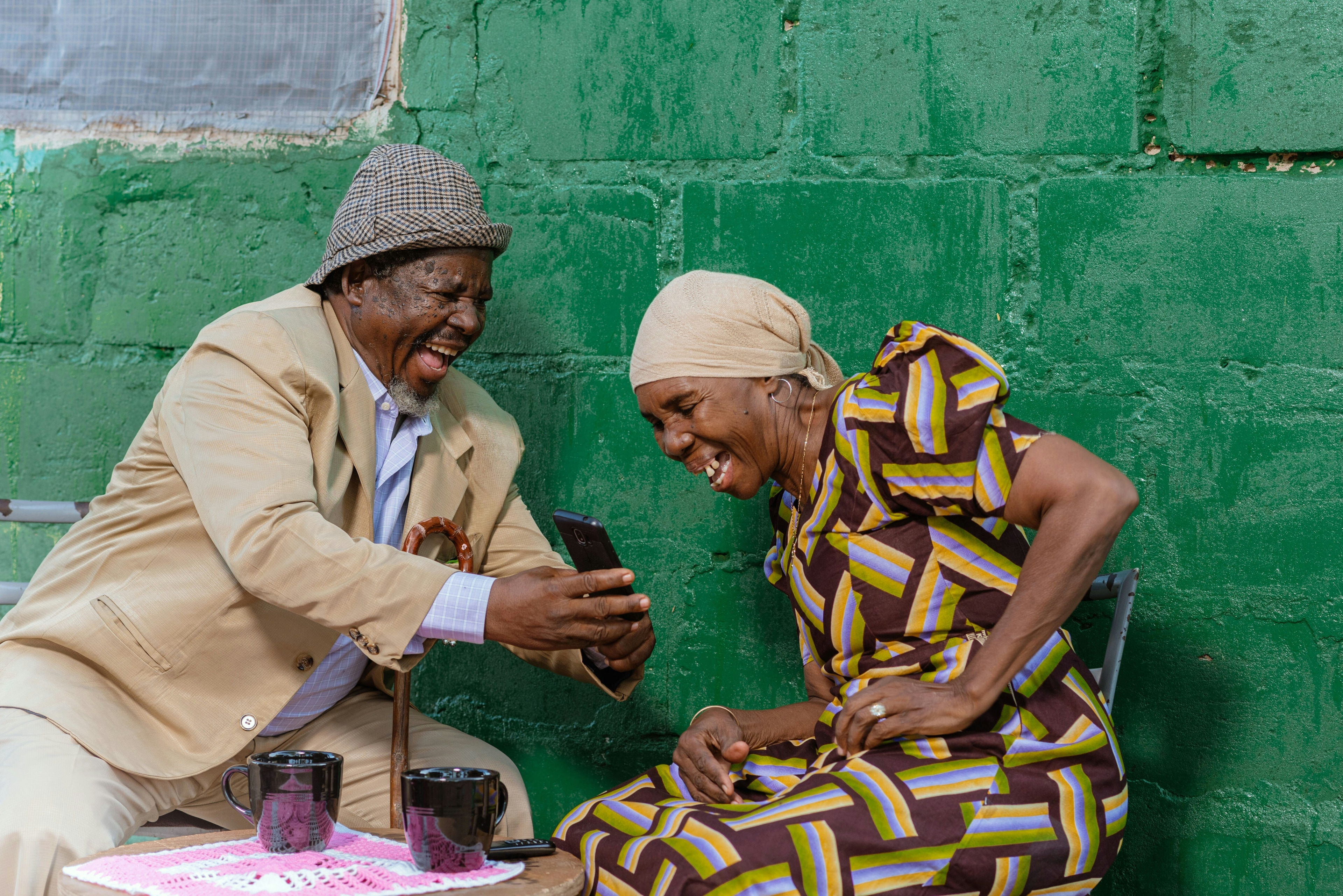As Cuba drops same-sex marriage, five LGBT+ advances and setbacks in 2018

2018 has been a year of both progress and setbacks for LGBT+ people Image: REUTERS/Francis Mascarenhas
Cuba dropped same-sex marriage this week from its new draft constitution in the latest setback in 2018 for LGBT+ rights as more gay couples hope to wed around the world.
But with LGBT+ rights increasingly in the spotlight around the globe, the year also saw some progress.

At the end of 2018, 25 countries recognised same-sex marriage, by International Lesbian, Gay, Bisexual, Trans and Intersex Association (ILGA) data, up from 24 a year ago. Meanwhile, gay sex remains illegal in 70 countries, down from 72 a year earlier, according to ILGA.
Here are five of the advances and the setbacks for LGBT+ rights in the past year:
Advances
1. Gay sex was decriminalised in the world's second-most populous country, India, when the Supreme Court struck down a colonial-era ban dating back 157 years on "unnatural offences" in September. The decision sparked celebrations across India, although activists cautioned there was still a long way to go to change socially conservative attitudes.
2. In Costa Rica LGBT+ couples won the right to marry in 2020 after the top court ruled in August that the country's ban on same-sex marriage was unconstitutional.
3. Next year Thai same-sex couples could be able to get civil partnerships, with a bill due to be considered by the country's cabinet before the end of 2018, a government official said last month. If it passes, Thailand would pip Taiwan to the post to become the first Asian country to legally recognise same-sex unions.
4. In September Hong Kong said it would grant dependent visas to spouses in same-sex relationships. The decision came two months after the city's top court ruled in a landmark judgment that a British lesbian should get a spousal visa.
5. Transgender people in Portugal no longer need to get a diagnosis of mental illness to legally change their gender, after a law was passed in April that also banned medically surgery on intersex infants.
Setbacks
1. Cuba in December became the latest country to block same-sex marriage by removing all references from a draft constitution after months of heated debate and opposition from evangelical churches. Same-sex marriage could still be included in Cuba's family code which is due to be updated in 2019.
2. Equal marriage campaigners also experienced a setback in Taiwan when voters endorsed the definition of marriage as between a man and a woman in a referendum in November.
3. President Donald Trump in March announced support for a plan to restrict the military service of transgender people with a condition called gender dysphoria which would ban anyone who needs or has undergone gender transition from joining the military. A succession of judges has so far blocked the policy but the government has appealed to the Supreme Court, which will decide early next year on the next move.
4. In Tanzania the regional commissioner of Dar es Salaam said gay people would be identified and arrested which led to gay and transgender Tanzanians going into hiding. The government of President John Magufuli said this was not official policy but Denmark still withheld $10 million of aid over the comments and the European Union said it was reviewing its relationship with the east African nation.
5. Indonesia's LGBT+ community came under pressure with police breaking up gatherings and stepping up arrests, often using the country's strict anti-pornography laws. In November a city passed a bylaw banning "acts that are considered LGBT".
The designations employed and the presentation of material on this map do not imply the expression of any opinion on the part of the World Economic Forum concerning the legal status of any country, territory, city or area or of its authorities, or concerning the delimitation of its frontiers or boundaries.
Don't miss any update on this topic
Create a free account and access your personalized content collection with our latest publications and analyses.
License and Republishing
World Economic Forum articles may be republished in accordance with the Creative Commons Attribution-NonCommercial-NoDerivatives 4.0 International Public License, and in accordance with our Terms of Use.
The views expressed in this article are those of the author alone and not the World Economic Forum.
Stay up to date:
Human Rights
Forum Stories newsletter
Bringing you weekly curated insights and analysis on the global issues that matter.






